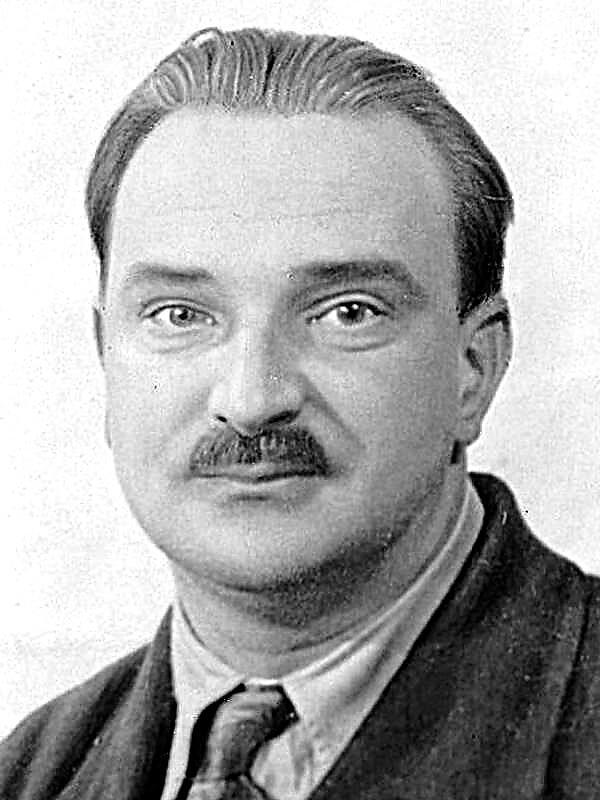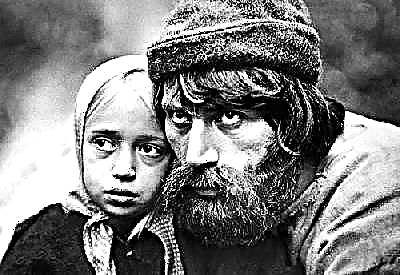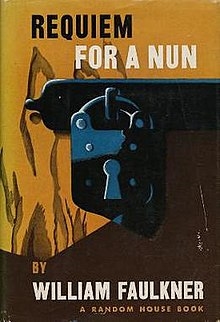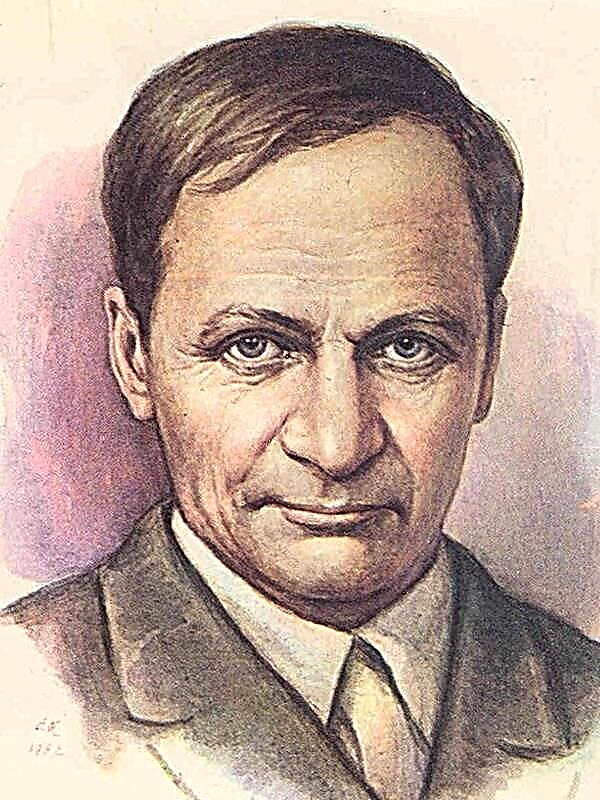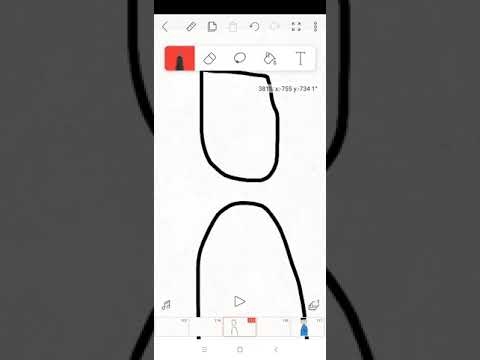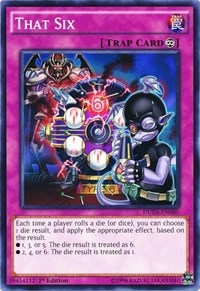Many of us more than once had to deal with the ruthless bureaucratic system, upholster the thresholds of various institutions, and go around dozens of offices in them to get an extract about what everyone already knows. Mayakovsky had to face a similar situation during the formation of communism.
History of creation
The poem "Passing by" was written in 1922. The revolution and civil war were left behind, and now people have to learn how to live under the new system. But the state is strangled by a bureaucratic apparatus, drowns in papers and is forgotten at numerous decisive meetings. This is what Mayakovsky writes about.
The poem also has a biographical character, it is dedicated to a separate period in the author's life. In 1921, Mayakovsky tried to publish his play “Mystery Buff” in the State Publishing House, because of which he had to go through a long and tedious paperwork.
It is known that the poem really liked Lenin, who said that Mayakovsky very well noted the minuses of the communist system that had just begun its formation.
Genre, direction and size
The genre of the poem is very unusual. This is a satirical feuilleton in poetic form. The poem ridicules and criticizes the useless bureaucracy inherent in communism.
“Sitting around” is written in a grotesque style, to enhance the sense of confusion and disorder of what is happening. The poetic size of the poem is Mayakovsky's signature staircase.
The direction of all the work of the author is futurism. It is characterized by a set of highly specialized urban topics, the active use of neologisms (the name itself refers to them), and a highly social orientation.
Images and Symbols
- Lyrical hero - a generalized version of the supplicant. He is looking for a certain Ivan Vanych in order to get an audience with him, but he still doesn’t succeed in catching him in place, since Ivan Vanych is constantly at meetings.
- Ivan Vanych himself - the exact same generalized and caricatured image of a certain boss who disappears all the time at completely meaningless events.
- Halved people - these are symbols denoting the abnormal and absurd work schedule of institutions where it is absolutely impossible to do everything.
- Mayakovsky also all the time determines the diurnal period when an action occurs to emphasize how long a person can spend in a senseless running around for pieces of paper.
Themes and mood
- The main theme of the poem is bureaucracy.. From dawn until dawn, the lyrical hero tries to break into an audience with Ivan Vanych, but he is always refused, since Ivan Vanych is at a meeting. Unable to stand it, the lyrical hero bursts into one of the meetings, and he sees an amazing picture: only half of the people are sitting in the hall. It turns out that in this way they try to catch two sessions at once. This absurdity is the result of a bureaucratic system that is complicated to the side of the chapel, which literally forces people to split into parts.
- Conflict of man and state. While officials solve trivial issues for hours, people are forced to wait under the door of the office, workers from which come only to help the petitioners to solve their problem. In fact, it turns out that authorized employees only observe countless formalities. Such a mismatch gives rise to a conflict between the individual and the state machine, which becomes indifferent to his needs.
- Mood the poem gradually changes along with the mood of the hero. At first, the hero calmly wonders if Ivan Vanych can give an audience, the mood of the poem is also restrained. However, the mood of the petitioner is gradually changing, he is angry with the current situation. The mood becomes more aggressive, the number of absurdities and satirical elements increases.
Main idea
The poem "Passing by" is a brilliant example of a grotesque satire. He is absurd, the author scoffs at everything connected with the bureaucratic system. His main idea is to show the failure of this system and the fact that communism begins its formation on the wrong foot.
Mayakovsky tries to show the reader how stupid and insolvent the stupid and blind bureaucracy is, that people waste time in meetings discussing absurdity, and at the same time force others to waste their time. The lyrical hero searches for Ivan Vanych for a whole day, while he discusses the purchase of an ink can by the Sponge Cooperative. The poet is trying to draw our attention to the merciless stupidity of the bureaucracy, this is the meaning of his work.
Means of artistic expression
The first thing that catches your eye when reading is the abundant use of clericalism and neologisms, which in their style resemble clericalism. They give the poem a satirical mood, reflect the idea of the author. Even the very name of the poem - “Sagging” - is an author's neologism, which is a cross between breaking “meeting” and the prefix pro, which expresses a negative assessment of the action (“squandered”, “loser”).
It should be noted and the deliberate hyperbolization of what is happening. Hyperbole has always been and will be one of the main instruments of satire. The reasons for the meetings are deliberately ridiculous, if not absurd. Mayakovsky mocks even the names of organizations, hyperbolizes the absurdity of abbreviations ("A-be-ve-ge-de-e-ze-ze-com"). And, of course, the peak of the hyperbole reaches its climax when it turns out that the people sitting had to split into parts to be in two sessions at once.
The poet also uses expressive and vibrant epithets and metaphors. So, the epithets “furious”, “wild (curses)” show that the hero’s patience has been exhausted. Metaphors “breaking into an avalanche”, “crazy mind”, “paper overflowing with rain” also convey the necessary emotions.

